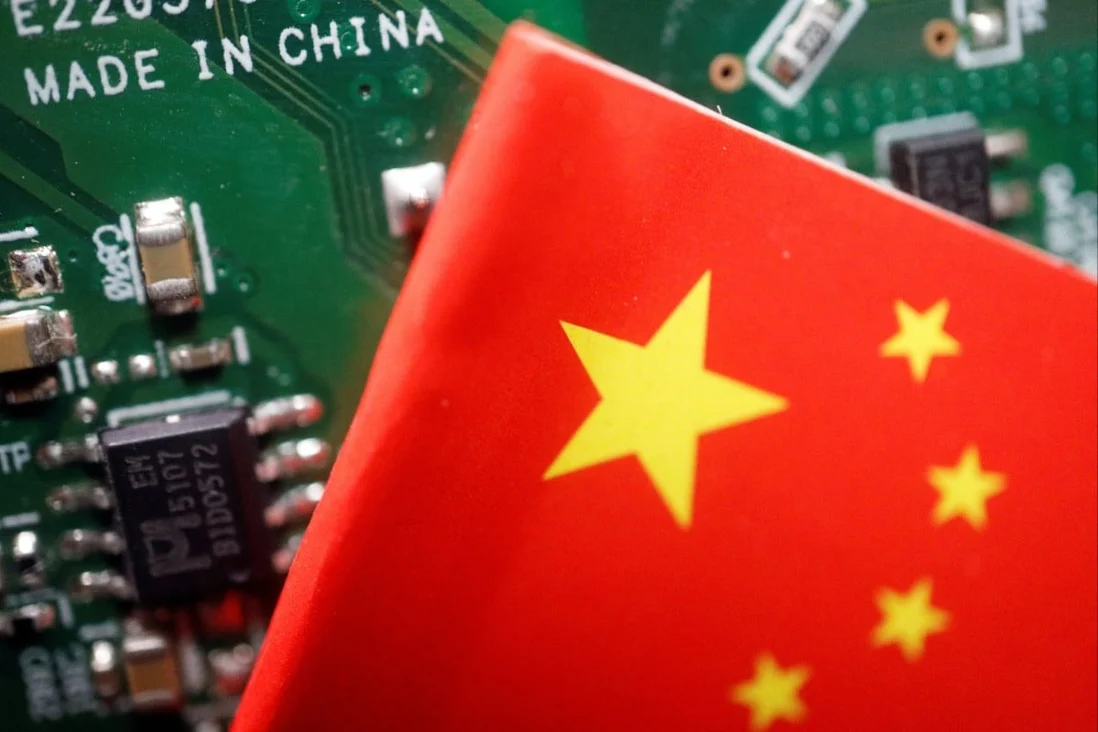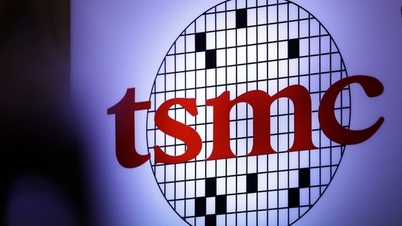“I don’t underestimate China’s ability and resolve to figure out how to develop next-generation technology, leveraging some outdated technology to make really important products,” Daniel Newman , CEO and chief analyst at research firm Futurum, told CNBC.

Companies like Huawei and Alibaba are researching ways to develop cutting-edge AI using less advanced chips, or combining different chips to reduce dependence on a single piece of hardware, according to the Wall Street Journal.
Industry experts believe this will be a challenge for Chinese businesses, however, some trials show promise, the Wall Street Journal reported.
“Nothing is impossible,” said Paul Scharre, vice president and director of research at the Center for a New American Security. “Over the long term, China can make technological advances, and it is very likely that they will do so faster than others predict.”
In retaliation for US efforts to block China from accessing advanced chip technology, Beijing has banned critical infrastructure operators from buying Micron products. Washington has urged Seoul not to let its chipmaker fill the void left by Micron on the mainland.
Last week, Nvidia founder and CEO Jensen Huang said that the resources China has devoted to the chip industry are huge, “so you can’t underestimate them.”
China has poured more than 1 trillion yuan ($140 billion) into the semiconductor industry, according to Reuters. Domestic manufacturers have benefited from government subsidies and state-funded research projects. As a result, many GPU startups have emerged here, forcing companies to run at full speed to stay competitive, Mr. Huang said at Computex 2023 in Taipei last week. GPUs are used for artificial intelligence (AI) applications.
In addition, analysts believe that China will seek to dominate the market for chips using older manufacturing technology (28nm and above). Charles Shi, senior semiconductor analyst at asset management firm Needham & Company, commented that the country shows progress in chip manufacturing based on mature technology.
Mature technology refers to the manufacturing process of chips 28nm or larger, often referred to as legacy chips. They are increasingly important to the automotive industry and are widely used in automobiles, consumer electronics, etc.
China has taken the lead in 28nm and 14nm chip production since 2021, according to analytics provider Total Telecom. Demand for 28nm chips is expected to triple by 2030, creating a $28.1 billion market, according to consulting firm International Business Strategies.
(According to CNBC)

Source





![[Photo] Award ceremony for works on studying and following President Ho Chi Minh](https://vphoto.vietnam.vn/thumb/1200x675/vietnam/resource/IMAGE/2025/5/20/a08ce9374fa544c292cca22d4424e6c0)
































![[Photo] Vietnamese shipbuilding with the aspiration to reach out to the ocean](https://vphoto.vietnam.vn/thumb/1200x675/vietnam/resource/IMAGE/2025/5/20/24ecf0ba837b4c2a8b73853b45e40aa7)























































![[VIDEO] - Enhancing the value of Quang Nam OCOP products through trade connections](https://vphoto.vietnam.vn/thumb/402x226/vietnam/resource/IMAGE/2025/5/17/5be5b5fff1f14914986fad159097a677)
Comment (0)